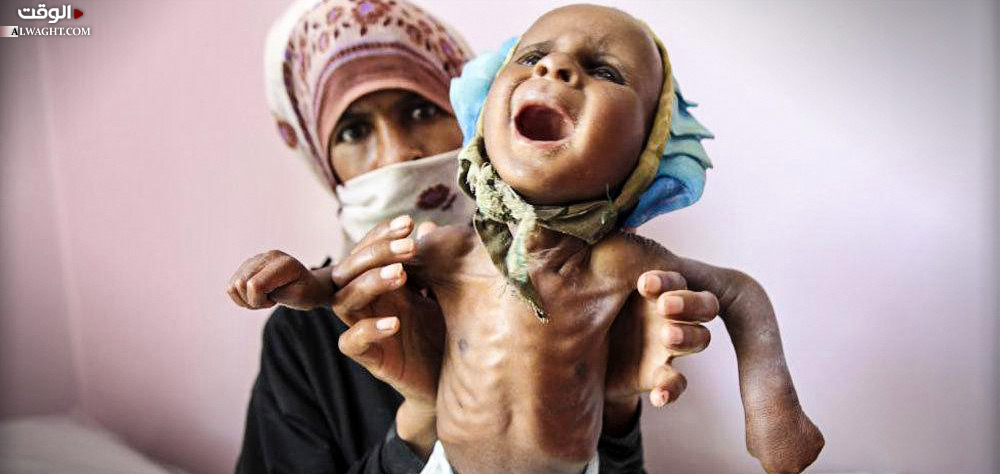UN Humanitarian Chief Mark Lowcock briefed the Security Council today, focusing on the imminent risk of famine. “There is now a clear and present danger of an imminent and great big famine engulfing Yemen: much bigger than anything any professional in this field has seen during their working lives” ERC Lowcock said.
Already last month, ERC Lowcock had alerted the Council about the threat. “We are losing the fight against famine”, he had said. “The position has deteriorated in an alarming way in recent weeks. We may now be approaching a tipping point, beyond which it will be impossible to prevent massive loss of life as a result of widespread famine across the country.”
The numbers speak for themselves. Revised assessments show that the total number of people facing pre-famine conditions – meaning they are entirely reliant on external aid for survival – could soon reach 14 million – 3 million more than last month’s estimates. That is half the total population of the country.
While millions of people have been surviving on emergency food assistance for years, the help they get is enough merely to survive. Not to thrive. “The toll is unbearably high”, ERC Lowcock said. “The immune systems of millions of people on survival support for years on end are now are literally collapsing, making them – especially children and the elderly – more likely to succumb to malnutrition, cholera and other diseases”.
This scenario is made grimmer by ongoing and fierce clashes in Hudaydah, which has damaged the key facilities and infrastructure on which aid operations rely, overwhelming the relief effort, and the collapse of domestic economy in a country completely reliant on imports for food, fuel and medicines.
As many as 8 million people are receiving life-saving assistance every month. More than 200 organisations are working around the clock through the UN Humanitarian Response Plan and have managed to deliver assistance to each and every one of Yemen’s 333 districts this year. But as stressed by ERC Lowcock, more is needed to avoid a catastrophe:
- A cessation of hostilities in and around all the infrastructure and facilities on which the aid operation and commercial importers rely.
- Protection of the supply of food and essential goods across the country.
- A larger and faster injection of foreign exchange into the economy through the Central Bank, along with expediting credit for traders, and payment of pensioners and civil servants.
- Increased funding and support for the humanitarian operation.
- Engagement of the belligerents with the Special Envoy to end the conflict.



 العربية
العربية